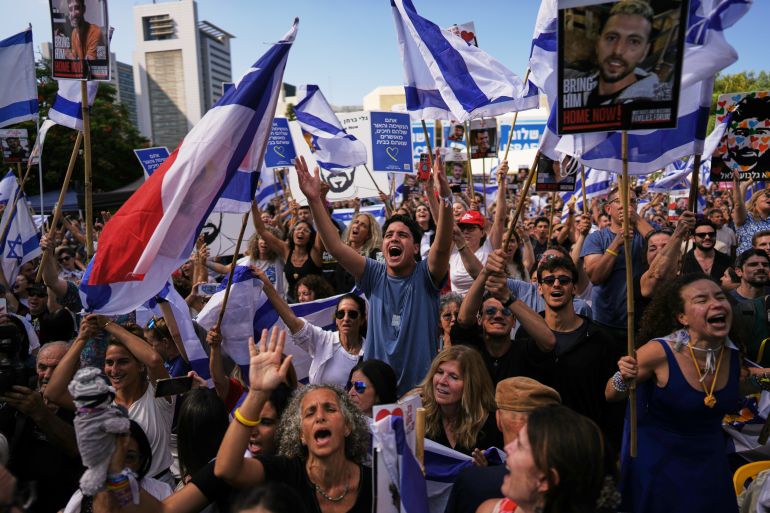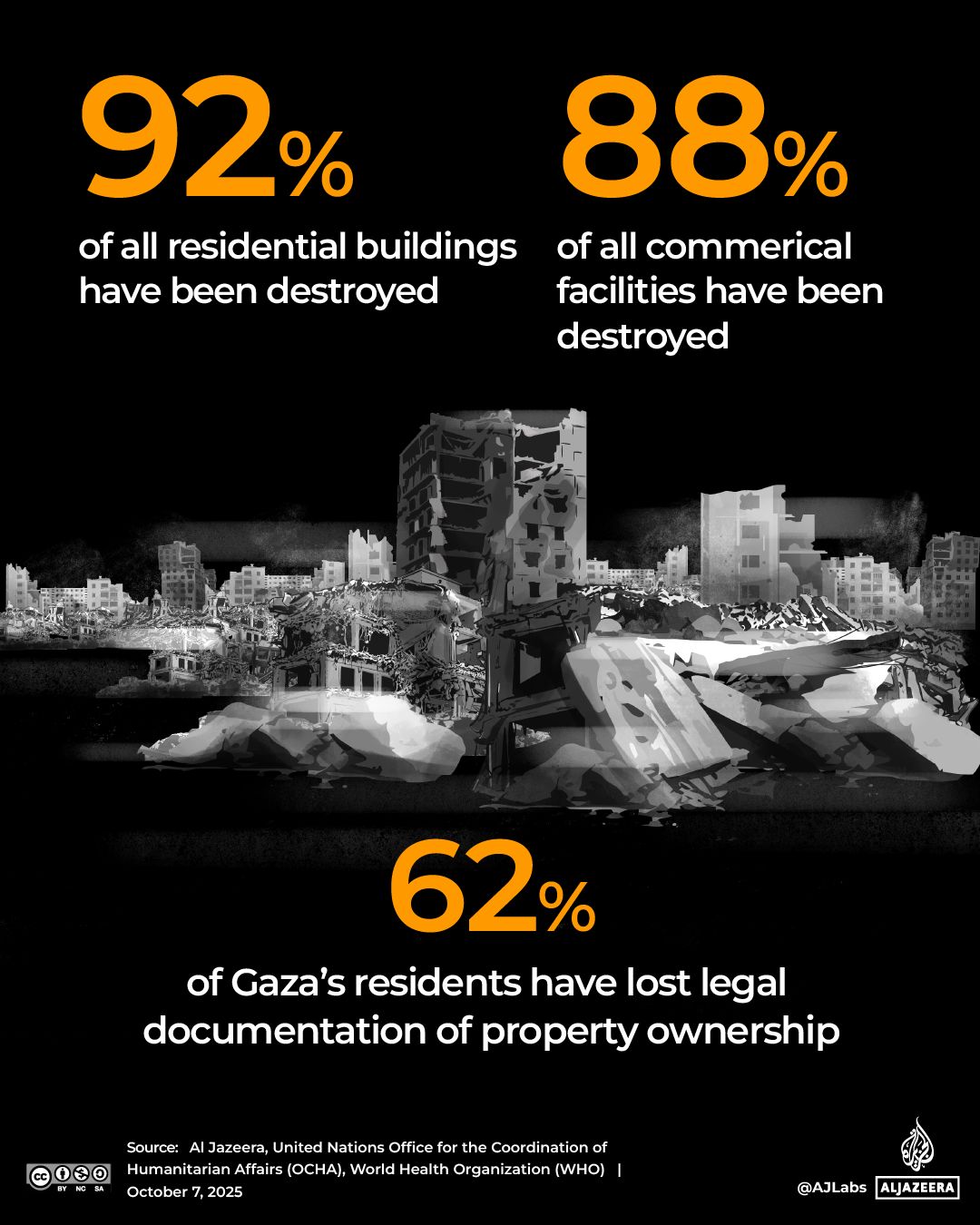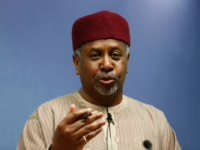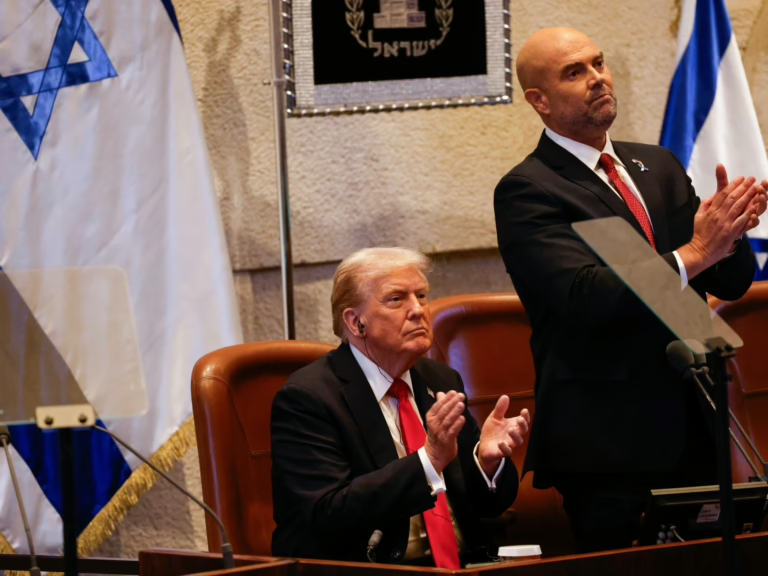On the day Israel and Hamas completed a prisoner exchange as part of a landmark Gaza agreement, U.S. President Donald Trump hailed the deal he facilitated as the “dawn of a new era in the Middle East.”
Addressing the Knesset, Israel’s parliament, Trump declared, “This marks not just the conclusion of a conflict, but the close of an era defined by terror and loss, ushering in a period of faith, optimism, and divine guidance.”
Trump’s speech highlighted his administration’s role in brokering a ceasefire between Israel and Hamas, which included the release of 20 Israeli hostages, 250 Palestinian political detainees, and approximately 1,700 Gazan prisoners held without formal charges. Many Palestinians had been subjected to enforced disappearances by Israeli authorities.
The subsequent stages of Trump’s comprehensive 20-point peace initiative remain complex and uncertain. Following his address, Trump traveled to Egypt to formalize the agreement alongside global leaders at a summit inaugurating the first phase of the plan.
According to the framework, a coalition of Arab nations and international stakeholders will establish a stabilization force to operate within Gaza. Meanwhile, governance responsibilities will transition from Hamas to a Palestinian administrative committee composed of local and international experts. Oversight will be provided by the “Board of Peace,” chaired by Trump and including former UK Prime Minister Tony Blair.
As the fourth U.S. president to speak before the Knesset, Trump commended his appointed negotiator Steve Witkoff and Secretary of State Marco Rubio, while criticizing his Democratic predecessors, Barack Obama and Joe Biden. He also urged Israel’s President Isaac Herzog to grant clemency to Prime Minister Benjamin Netanyahu, who faces ongoing corruption allegations.
Examining the Accuracy of Trump’s Statements
Claim: Trump “settled eight wars in eight months”
While the recent agreement is a significant milestone in a protracted conflict, Trump’s assertion of resolving eight wars within eight months is an overstatement.
Trump contributed to ceasefires easing tensions between Israel and Iran, India and Pakistan, and Armenia and Azerbaijan. However, these were largely incremental steps, and some involved leaders contest the extent of his involvement.
Other conflicts have seen limited success. For instance, despite a U.S.-facilitated temporary peace accord between the Democratic Republic of the Congo and Rwanda, violence persists with hundreds of civilian casualties since the June agreement. Similarly, after a ceasefire deal between Cambodia and Thailand, both nations have accused each other of violations leading to renewed clashes.
The longstanding dispute between Egypt and Ethiopia over the Nile dam remains unresolved but is more diplomatic than militarized. Additionally, tensions between Kosovo and Serbia have not escalated to imminent warfare.
Trump’s role in securing the Israel-Hamas ceasefire and prisoner exchange is notable, yet the multi-phase nature of the agreement means its durability remains to be seen.
Claim: “We dropped 14 bombs on Iran’s key nuclear facilities, obliterating them as I originally said”
The U.S. military operation known as Operation Midnight Hammer targeted three Iranian nuclear sites in June to hinder Iran’s nuclear weapons program. However, public information does not confirm the complete destruction of these facilities.
More than three months after the strike on Fordow, a significant underground nuclear site, the extent of damage remains unclear, as official assessments have not been publicly disclosed.
An August 20 report by The New York Times suggested growing evidence of substantial damage but concluded that due to numerous unknown factors, definitive confirmation is unlikely.
Claim: “The Iran nuclear deal was a disaster”
Trump’s statement overlooks that Iran largely adhered to the 2015 nuclear agreement, which limited its nuclear activities and allowed continuous inspections in exchange for sanctions relief. The deal was designed to last between 10 and 25 years.
Trump withdrew the U.S. from the pact in 2018 without renegotiating it, as he had promised.
Many experts praised the agreement for preventing Iran from acquiring nuclear weapons. The International Atomic Energy Agency reported no significant violations, aside from minor issues that were promptly addressed.
Following the U.S. exit, economic sanctions were reinstated, and Iran gradually reduced its compliance with the deal.

Claim: “Under Obama and Biden, there was an absolute hatred toward Israel”
Although Presidents Obama and Biden had tense relations with Netanyahu, who often aligned with Republican leaders, U.S. support for Israel’s military and foreign policy remained strong during their administrations.
Osamah Khalil, a Middle East historian at Syracuse University, refutes the claim of personal animosity from Obama or Biden, especially toward Israel.
“Both administrations expanded U.S. military aid and cooperation with Israel,” Khalil noted. “In 2016, Obama authorized the largest military aid package in U.S. history.”
That year, the U.S. and Israel signed a 10-year, $38 billion memorandum of understanding focusing on modernizing Israel’s air force and sustaining its missile defense systems.
Military assistance continued robustly under Biden, with $21.7 billion allocated to Israel since October 7, 2023. Biden also deployed U.S. troops near Israel and Gaza and blocked numerous UN ceasefire resolutions to support Israel diplomatically.
Claim: “Obama and Biden did nothing with the Abraham Accords”
Obama’s presidency concluded well before the Abraham Accords were signed.
The 2020 agreement, brokered during Trump’s first term, united Israel with the United Arab Emirates, Bahrain, Sudan, and Morocco in a historic peace and cooperation pact. The deal established diplomatic relations, promoted trade and tourism, and committed to preventing hostilities.
The Biden administration sought to include Saudi Arabia in the accords, but progress stalled following Hamas-led attacks on October 7, 2023, which sparked a devastating Israeli military campaign in Gaza. A UN inquiry has labeled Israel’s actions in Gaza as genocidal.
Jeremy Pressman, a political science professor at the University of Connecticut, explained that the war has severely complicated prospects for official Israeli-Saudi relations.
Since the conflict began, over 68,000 Palestinians have been killed, more than half of whom were women and children, and 92% of Gaza’s residential buildings-home to 2.3 million people-have been destroyed.























